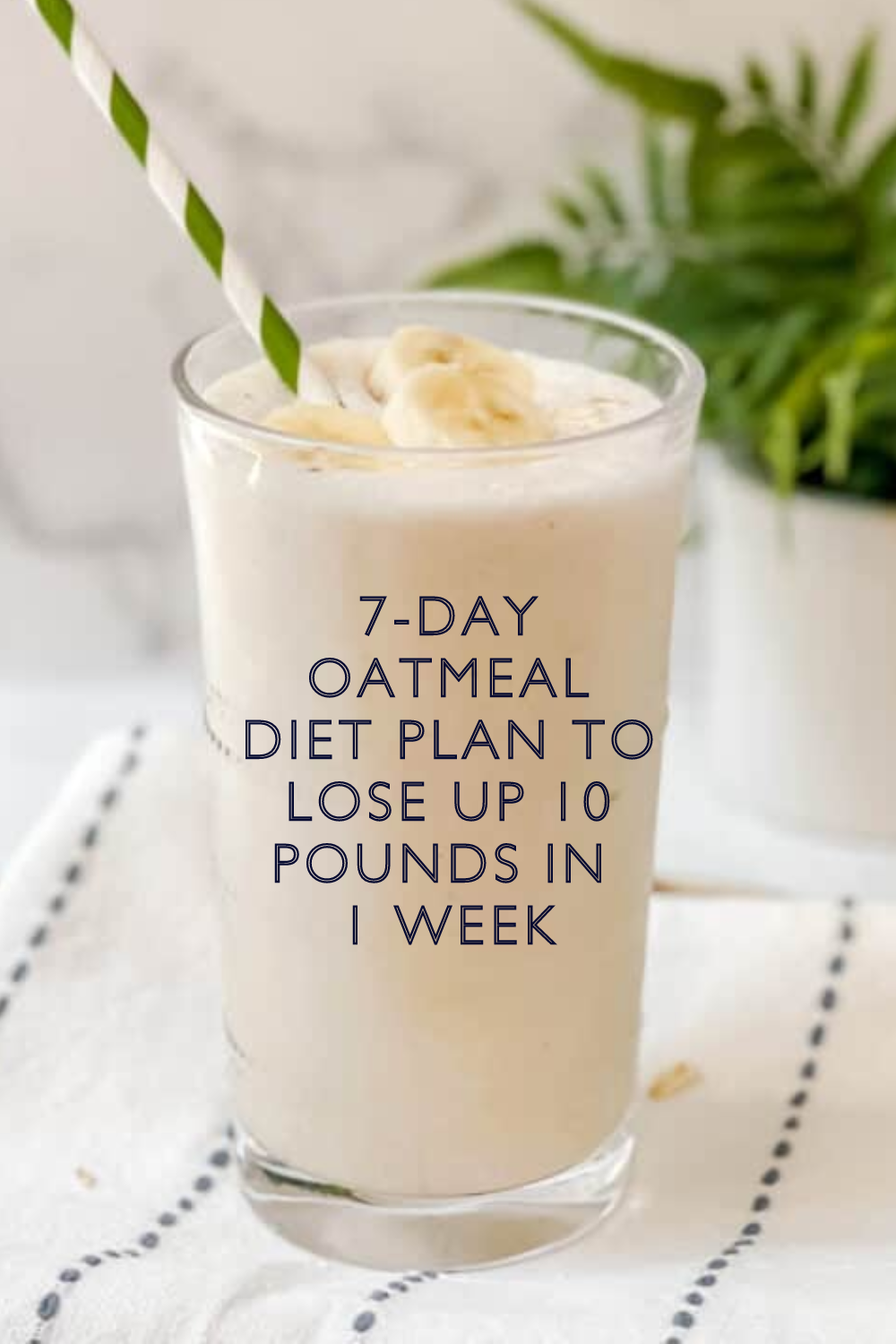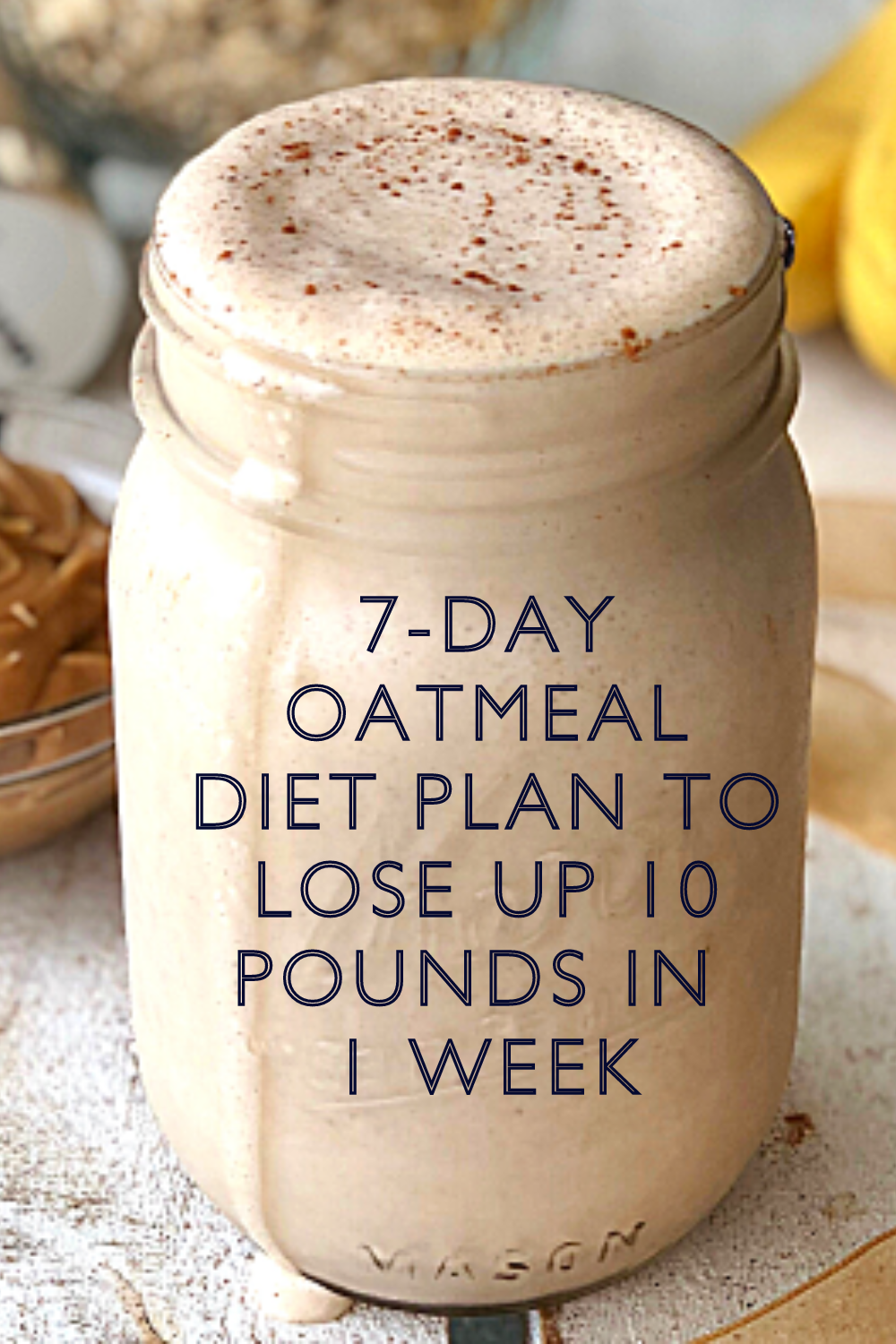
Oatmeal: A Powerful Ally in Weight Management
Oatmeal’s weight management benefits stem primarily from its ability to promote satiety, the feeling of fullness that keeps hunger pangs at bay. Oatmeal’s high fiber content plays a central role in this process. As fiber slowly digests in the stomach, it maintains a steady blood sugar level, preventing the sharp spikes and crashes that trigger hunger. This prolonged satiety effect effectively reduces overall calorie intake, making oatmeal an ideal ally in weight management efforts.
Promoting Satiety and Reducing Calorie Intake
The cornerstone of oatmeal’s weight management benefits lies in its ability to promote satiety, the feeling of fullness that keeps hunger pangs at bay. Oatmeal’s high fiber content plays a central role in this process. As fiber slowly digests in the stomach, it maintains a steady blood sugar level, preventing the sharp spikes and crashes that trigger hunger. This prolonged satiety effect effectively reduces overall calorie intake, making oatmeal an ideal ally in weight management efforts.
Supporting a Healthy Weight
Whole grains, including oatmeal, are naturally lower in calories compared to refined grains. This favorable calorie profile allows you to indulge in generous servings of oatmeal without compromising your weight management goals. Additionally, oatmeal’s soluble fiber acts as a natural appetite suppressant by expanding in the stomach and promoting a feeling of fullness.
Preventing Fat Absorption
Oatmeal’s fiber doesn’t just enhance satiety; it also plays a crucial role in preventing fat absorption. By binding to fat molecules in the intestines, oatmeal fiber effectively hinders their absorption into the body. This mechanism contributes to reduced fat intake and further supports weight management efforts.
A Structured Oatmeal Diet Plan for Effective Weight Loss
Incorporating oatmeal into your diet can be seamlessly achieved through a structured 7-day oatmeal diet plan. This plan provides a balanced calorie intake while substituting at least two meals per day with oatmeal, ensuring that you reap the numerous benefits of this wholesome grain. The plan encompasses three phases:
Phase 1: For the initial two days, consume oatmeal three times daily to kickstart your weight loss journey.
Phase 2: During the next two days, maintain oatmeal as a staple, incorporating it into two meals per day to effectively shed pounds.
Phase 3: Over the remaining three days, continue enjoying oatmeal at least once daily to consolidate your weight loss achievements and maintain your new physique.
7-Day Oatmeal Diet Meal Plan
Phase 1
Day 1
Breakfast: Oatmeal with Berries and Walnuts
Snack: Apple with 1 tablespoon almond butter
Lunch: Oatmeal with Cooked Vegetables and Low-Fat Cheese
Snack: Carrots with hummus
Dinner: 1/2 cup oatmeal with 1/4 cup lean protein, such as grilled chicken or fish
Day 2
Breakfast: Oatmeal with Fruit and Honey
Snack: 1/4 cup mixed nuts
Lunch: Oatmeal with Cooked Beans and Salsa
Snack: 1 cup yogurt with berries
Dinner: Oatmeal with Roasted Vegetables and Olive Oil
Phase 2
Day 3
Breakfast: 1/2 cup oatmeal with 1/4 cup berries and 1 tablespoon chopped walnuts
Snack: Celery sticks with peanut butter
Lunch: Salad with 1/2 cup grilled chicken or fish
Snack: 1/4 cup cottage cheese with pineapple chunks
Dinner: 1/2 cup oatmeal with 1/4 cup cooked vegetables and 1 tablespoon low-fat cheese
Day 4
Breakfast: 1/2 cup oatmeal with 1/4 cup fruit and 1 tablespoon honey
Snack: Rice cakes with avocado
Lunch: Salad with 1/2 cup chickpeas
Snack: 1 cup Greek yogurt with a drizzle of honey
Dinner: 1/2 cup oatmeal with 1/4 cup lean protein, such as grilled chicken or fish
Day 5
Breakfast: 1/2 cup oatmeal with 1/4 cup berries and 1 tablespoon chopped walnuts
Snack: Handful of almonds
Lunch: Soup with 1/2 cup whole-grain bread
Snack: Apple slices with cheese
Dinner: 1/2 cup oatmeal with 1/4 cup cooked vegetables and 1 tablespoon low-fat cheese
Day 6
Breakfast: 1/2 cup oatmeal with 1/4 cup fruit and 1 tablespoon honey
Snack: 1/4 cup dried fruit
Lunch: Salad with 1/2 cup tuna
Snack: Cottage cheese with fruit
Dinner: 1/2 cup oatmeal with 1/4 cup lean protein, such as grilled chicken or fish
Phase 3
Day 7
Breakfast: 1/2 cup oatmeal with 1/4 cup berries and 1 tablespoon chopped walnuts
Snack: Yogurt parfait with granola and berries
Lunch: Salad with 1/2 cup grilled chicken or fish
Snack: Trail mix
Dinner: Grilled salmon with roasted vegetables
Oatmeal, often overlooked for its nutritional prowess, holds the key to unlocking a healthier, more balanced approach to weight management and overall well-being. It is a versatile and nutritious grain that can be incorporated into a variety of meals.
Oatmeal’s high fiber content promotes satiety, helping to keep you feeling full and satisfied after eating. This can help you to reduce your overall calorie intake and lose weight or maintain a healthy weight. Oatmeal is also a good source of protein, which can help you to build and maintain muscle mass, and essential vitamins and minerals, which are important for overall health.
If you are looking for a healthy and delicious way to manage your weight, oatmeal is an excellent option. It is a versatile grain that can be enjoyed in a variety of ways. By incorporating oatmeal into your diet, you can reap the many benefits that it has to offer.
In addition to its weight management benefits, oatmeal also offers a number of other health benefits, including:
- Improved blood sugar control
- Reduced risk of heart disease
- Improved digestion
- Increased energy levels
Oatmeal is a nutritious and versatile whole grain that can be a valuable addition to your diet. It is a healthy and delicious way to manage your weight and improve your overall health.
Resources:
- “Beta-glucan in oats and its relation to satiety, blood glucose and cholesterol levels” by Hallström et al. (2005) found that beta-glucan, a type of soluble fiber found in oats, can promote satiety and help reduce blood glucose and cholesterol levels.
- “Oatmeal and satiety: A review of the literature” by Vohra et al. (2014) reviewed the evidence supporting the role of oatmeal in promoting satiety and weight management. They found that oatmeal’s high fiber content and low glycemic index may contribute to its satiating effects.
- “The effect of whole-grain oats on breakfast satiety, energy intake, and subsequent cognitive performance” by Burton-Freeman et al. (2015) found that eating oatmeal for breakfast led to increased feelings of satiety and reduced energy intake compared to a control breakfast.
- “Consumption of whole grains, including oats, and coronary heart disease risk: A review of the evidence” by Jacobs and Gallaher (2004) reviewed the evidence on the relationship between whole-grain consumption, including oatmeal, and coronary heart disease risk. They found that whole-grain consumption was associated with a reduced risk of coronary heart disease.
- “The effect of oats on blood sugar and cholesterol levels” by van der Kamp et al. (2007) found that consuming oats can help to lower blood sugar and cholesterol levels.
- “Oatmeal and glycemic control: A review of the literature” by Venn et al. (2019) reviewed the evidence on the relationship between oatmeal consumption and glycemic control. They found that oatmeal consumption can help to improve glycemic control in people with diabetes and prediabetes.
- “Oatmeal: A whole grain with health benefits” by Peterson et al. (2013) reviewed the health benefits of oatmeal, including its benefits for digestion and energy levels.
- “The effect of oats on gut health” by Weng and Jeppesen (2012) reviewed the evidence on the relationship between oat consumption and gut health. They found that oat consumption can help to promote the growth of beneficial gut bacteria.
- “The effect of oatmeal on energy levels” by Jenkins et al. (1987) found that consuming oatmeal can help to provide sustained energy levels throughout the day.





